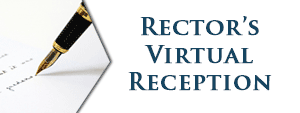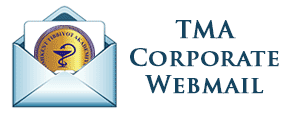The purpose of hospital therapy: development of skills of setting nosological diagnosis and principles of treatment with atypical forms of the most common diseases, their complications and exemplary embodiments rare diseases of internal organs. Learning objectives:
• Formation of knowledge on the etiology, pathogenesis, classification, clinical manifestations, complications, prognosis, treatment, and prevention of diseases of the internal organs;
• develop the ability to anamnesis and clinical examination of the patient through the system;
• learning to identify the main clinical criteria of the disease;
• Training and development of the rationale and preliminary clinical diagnosis;
• Training Plan Development Survey, medical tactics and destination complex treatment;
• Training of interpretation of the results of laboratory and instrumental research;
• Formation of knowledge on the principles of differential diagnosis and definitive diagnosis;
• Developing the skills of emergency in certain emergency conditions; Requirements for knowledge, skills and abilities In accordance with the goals and objectives after studying the discipline of hospital therapy student should know:
• Know the etiology, pathogenesis, clinical manifestations, complications, prognosis, principles of treatment of common diseases of internal organs;
• be able to collect the history and examine the patient for the system to identify the major diagnostic criteria for the disease;
• hold survey methods and the formation of pre-clinical and diagnosis;
• know and be able to plan the survey, medical tactics and destination complex treatment;
• be able to interpret the results of additional studies;
• know and be able to use the principles of differential diagnosis and definitive diagnosis;
• know the basic medical documentation. The student should be able to:
• conduct a professional examination, to be able to collect anamnesis;
• examine the patient for systems with identifying the main diagnostic criteria of the disease;
• hold survey methods and the formation of pre-clinical and diagnosis;
• know and be able to plan the survey
• be able to interpret the results of additional studies;
• know and be able to use the principles of differential diagnosis and definitive diagnosis;
• know and medical tactics and destination complex treatment;
• know the basic medical documentation. The student should have the skills to:
• conduct a professional examination, to be able to collect history, examine the patient for systems with identifying the main diagnostic criteria of the disease;
• to peak flow in obstructive lung diseases;
• ECG and ECG interpret nosology;
• know and be able prescribing diet and complex treatment.







